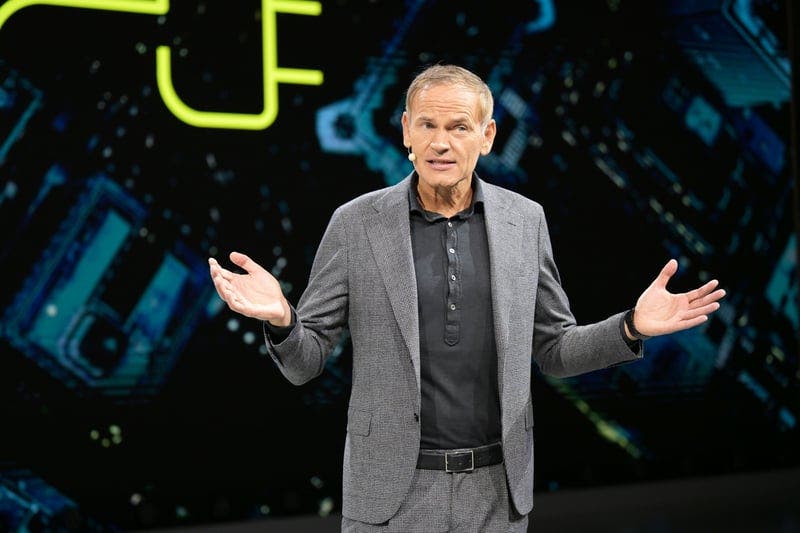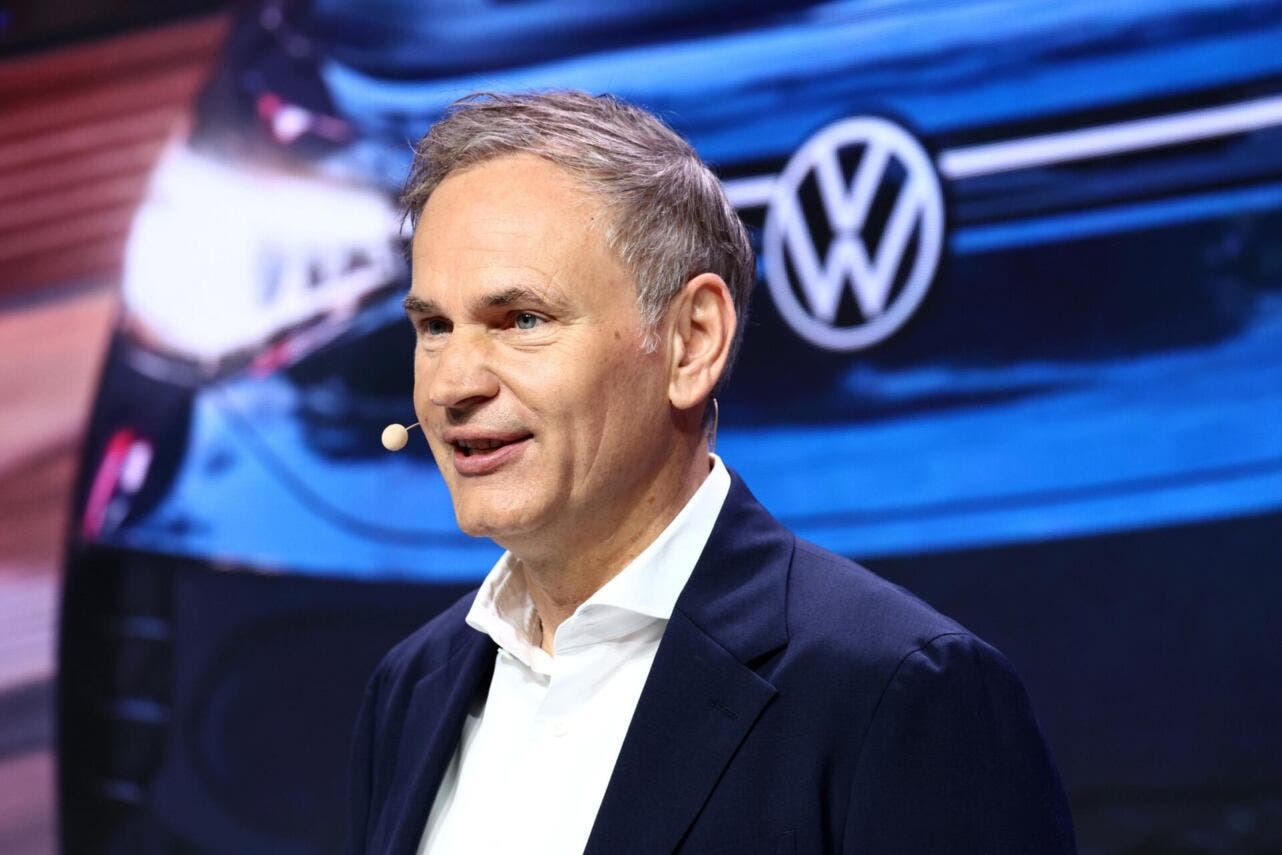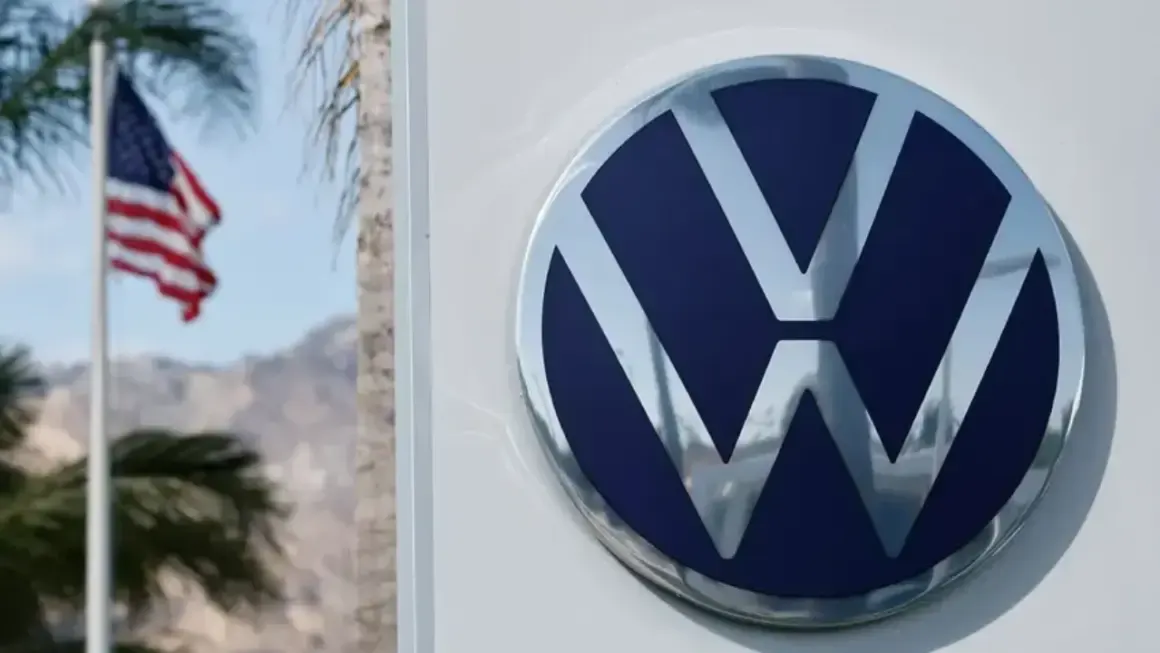Volkswagen is moving forward with advanced talks with the US government to launch major investments aimed at expanding its American operations and easing the impact of steep tariffs on imported vehicles.
The current import duty, set at 27.5%, has already cost the German automaker billions of euros this year, hitting especially hard on Audi and Porsche, which lack US production facilities. CEO Oliver Blume, speaking at the Munich Auto Show, described the current trade environment between Europe and the United States as “asymmetric,” noting that European cars face heavy duties while many American industrial goods enter Europe tariff-free.

For this reason, Volkswagen’s strategy increasingly focuses on local production to reduce dependence on imports and shield itself from geopolitical volatility. Blume emphasized that discussions with Washington have been “very positive” and revealed that the company is actively exploring the possibility of building a plant for Audi while also strengthening supply chains and workforce capabilities in the US. Such a move would not only offset tariff costs but also allow the group to react more competitively to growing domestic demand for luxury and electric vehicles.
This push comes amid political uncertainty. The current US administration has kept tariffs unchanged, while under President Trump the pledge was made to lower them to 15%. Until then, Blume admitted, tariffs remain a significant challenge, particularly for Porsche, which is “squeezed” between US trade barriers and weakening demand in China.
On top of trade concerns, Volkswagen faces governance questions. Blume, who simultaneously serves as CEO of both Volkswagen Group and (waiting for a successor) Porsche, acknowledged that this dual role is unsustainable in the long run, though he has not yet specified which position he might step away from.

If realized, the US investment would represent one of Volkswagen’s most significant steps to consolidate its presence in the world’s second-largest car market, boosting competitiveness while safeguarding profitability against the ongoing tariff disputes.
